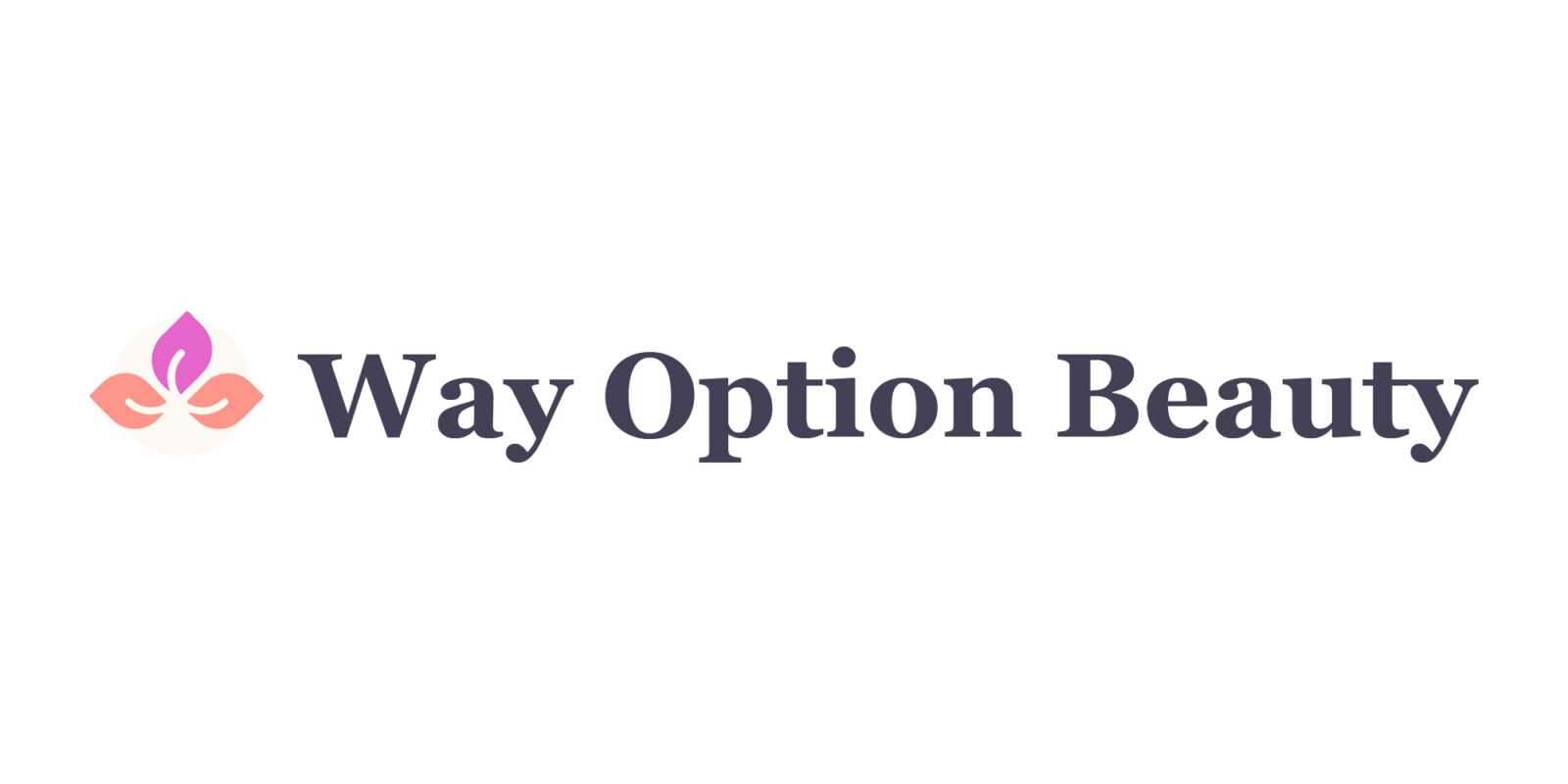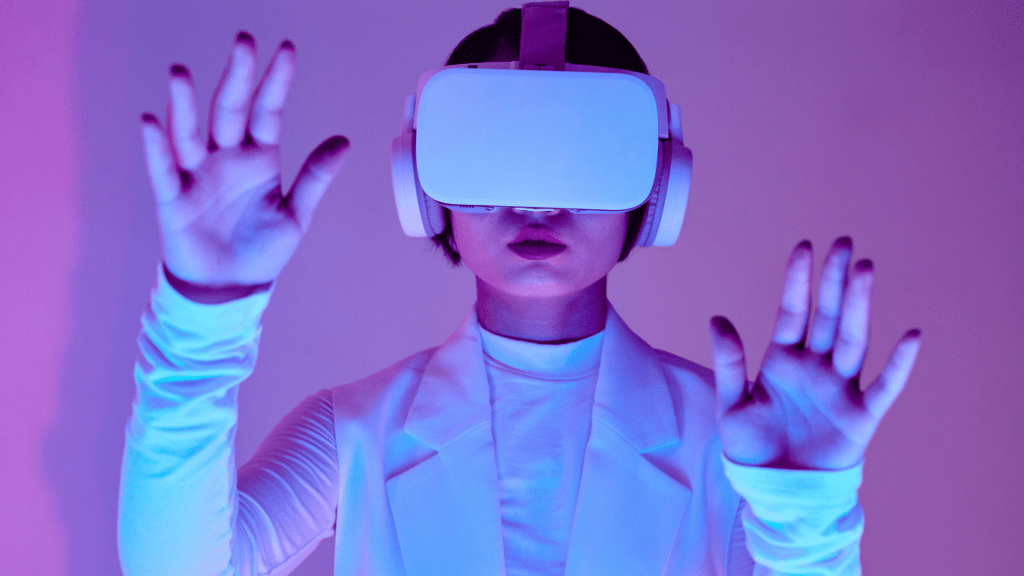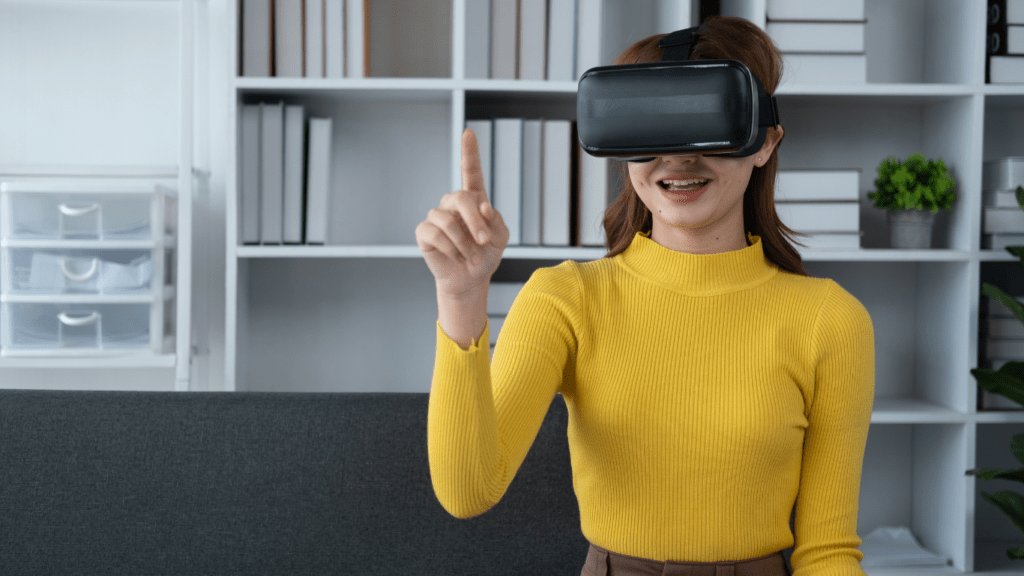Understanding the Metaverse
The metaverse integrates augmented reality (AR), virtual reality (VR), and blockchain technologies to create immersive digital worlds. Users interact with each other and digital objects through avatars within these 3D environments. In beauty marketing, this convergence revolutionizes consumer engagement.
Meta platforms, like Meta’s Horizon Worlds or Roblox, serve as virtual spaces where brands can showcase products. Consumers try makeup products virtually, replicate hairstyles, and attend virtual beauty workshops. These environments simulate real-life experiences, offering unprecedented personalization.
Brands integrate AR technology through smartphone apps. For example, L’Oréal’s “Modiface” allows users to see how makeup looks on their faces in real-time. This technology bridges the gap between online shopping and in-store experiences, increasing consumer confidence in online purchases.
Blockchain enhances authenticity in the metaverse. Digital collectibles, such as exclusive product launches or limited-edition NFTs, provide unique brand experiences. Beauty brands gain customer trust by ensuring product authenticity and building a loyal community.
Understanding these elements helps decode how the metaverse is reshaping beauty marketing.
Evolution of Beauty Marketing
Beauty marketing’s landscape has shifted dramatically over time. By examining traditional methods and the digital transformation, we can understand the current revolution driven by the metaverse.
Traditional Beauty Marketing
Traditional beauty marketing relied heavily on:
- print media
- television commercials
- in-store promotions
Magazines featured glossy ads with celebrity endorsements. TV commercials showcased products through visually appealing narratives. In-store promotions provided samples and one-on-one consultations to engage consumers directly.
Digital Transformation in Beauty Industry
The digital age brought significant changes. Brands adopted social media, influencer partnerships, and e-commerce. Instagram and YouTube became crucial platforms for beauty tutorials, reviews, and product launches. E-commerce websites offered extensive product ranges with customer reviews and virtual try-on tools. AI-driven analytics personalized user experiences, enhancing overall engagement.
The Metaverse and Its Impact on Beauty Marketing

The metaverse is creating a radical shift in beauty marketing. Brands use this digital space to offer unique, immersive experiences that go far beyond traditional methods.
Virtual Stores and Showrooms
Virtual stores in the metaverse let brands create immersive shopping experiences. These digital spaces replicate physical stores, allowing users to browse products, interact with store avatars, and make purchases without leaving home. For instance, Gucci’s virtual store on Roblox offers users an interactive experience, bringing their luxury products to a broader audience.
Augmented Reality Experiences
Augmented reality (AR) enhances beauty marketing by overlaying digital content onto the real world. Brands like Sephora use AR to let consumers try on makeup virtually using their smartphone cameras. This technology bridges the gap between online and in-store shopping, giving consumers confidence in their purchase decisions.
NFTs and Digital Beauty Products
Non-fungible tokens (NFTs) are making waves in the beauty industry. Brands launch digital beauty products in the form of NFTs, creating exclusive, collectible items. These digital assets enhance product authenticity and build consumer loyalty. An example is NARS Cosmetics, which released limited-edition digital art pieces as NFTs, blending the worlds of beauty and digital collectibles.
Success Stories in Beauty Marketing within the Metaverse
Brands are harnessing the metaverse to create unprecedented marketing experiences. Several success stories stand out, showcasing revolutionary approaches and meaningful consumer engagement.
Leading Brands and Their Innovations
- L’Oréal led the charge with their “Modiface” AR technology, allowing consumers to try makeup in real-time. This innovation reduced return rates and boosted consumer confidence in online purchases. By integrating AR with their e-commerce platforms, L’Oréal transformed how customers interact with beauty products.
- Sephora launched its Virtual Artist, enabling users to experiment with different makeup looks via their smartphones. This initiative increased online sales and customer satisfaction, proving that interactive digital experiences could mimic in-store services.
- Gucci created an immersive virtual store in Roblox, where users could explore and interact with digital replicas of their products. This digital-first approach attracted tech-savvy consumers and generated significant buzz, bridging the gap between virtual and physical retail spaces.
Consumer Engagement and Feedback
- Virtual Try-Ons became a game-changer for brands like Estée Lauder, whose AR tools allowed users to see products on their own faces before purchasing. This personalized experience led to higher engagement and conversion rates.
- Interactive Tutorials from brands like MAC Cosmetics offered masterclasses within platforms like Meta’s Horizon Worlds. Offering users the chance to learn directly from professional artists, these sessions built a loyal community and enhanced brand perception.
- Digital Collectibles spurred consumer loyalty for brands like NARS Cosmetics. Their limited-edition digital art pieces, released as NFTs, not only created a sense of exclusivity but also provided verifiable authenticity, strengthening consumer trust.
By innovating with AR, VR, and NFTs, beauty brands revolutionized how they market and engage within the metaverse. These success stories illustrate the tangible benefits of merging technology with beauty, offering valuable lessons for future digital marketing strategies.
Challenges and Considerations
The metaverse offers exciting opportunities for beauty marketing, but it also presents several challenges that companies must navigate carefully. Here, I’ll explore two critical aspects: technical and infrastructure issues, and consumer privacy concerns.
Technical and Infrastructure Issues
Implementing metaverse technology in beauty marketing requires robust technical infrastructure and significant investments. High-quality AR and VR experiences demand powerful servers, advanced graphics processing units (GPUs), and reliable internet connections. For instance, brands like Sephora and L’Oréal must ensure their virtual try-on tools function seamlessly on various devices, from smartphones to high-end VR headsets.
Moreover, maintaining these systems involves ongoing costs and technical expertise. Regular updates and patches are necessary to enhance user experience and security. Brands also need to account for potential issues like latency, where delayed responses could hamper the success of immersive experiences. These technical challenges necessitate collaboration with tech companies and developers specialized in AR, VR, and blockchain technologies.
Consumer Privacy Concerns
While the metaverse can enhance personalization in beauty marketing, it also raises significant privacy concerns. Collecting data from virtual interactions, such as facial scans for AR makeup applications, involves sensitive information. Brands must handle this data responsibly, adhering to stringent data protection regulations like the General Data Protection Regulation (GDPR) in the EU.
Safeguarding this data from breaches is critical to maintaining consumer trust. Instances of data theft could lead to severe reputational damage and legal ramifications. Therefore, implementing robust encryption methods and ensuring transparent data policies are essential practices. Brands should also educate consumers about how their data is being used and offer clear options to opt out of data collection if they wish.
Navigating these challenges requires a balanced approach, emphasizing both technological advancements and ethical considerations to fully capitalize on the metaverse’s potential in revolutionizing beauty marketing.
Future Prospects of Beauty Marketing in the Metaverse
Beauty marketing is set for an unprecedented evolution within the metaverse. The integration of AR and VR technologies ensures enhanced consumer experiences. Virtual try-ons, for instance, can become even more realistic, offering nuanced feedback on products. These advancements create more informed purchasing decisions.
Brands can leverage AI-driven personalization to cater to individual preferences, providing recommendations based on past behavior and preferences. This personalization increases customer satisfaction, driving brand loyalty. Blockchain technology can authenticate digital beauty products, protecting intellectual property and securing transactions.
Moreover, the expansion of virtual beauty consultations opens new revenue streams. Consumers can consult beauty experts from any location, thus broadening a brand’s reach. This innovation is expected to grow, influencing shopping habits and preferences.
The possibilities for gamification within beauty marketing are immense. Interactive experiences can teach users about products in engaging ways. Brands can develop virtual events and challenges, fostering community engagement and increasing product visibility.
Prominent beauty brands already set the stage for future prospects. Initiatives like L’Oréal’s “Modiface” and Sephora’s Virtual Artist showcase the potential for AR-enhanced shopping. As these technologies advance, their impact deepens, making the metaverse a pivotal platform for beauty marketing.
Incorporating NFTs into beauty marketing offers another layer of consumer engagement. Limited-edition digital products and exclusive virtual experiences strengthen brand-consumer relationships. Consumers value uniqueness; hence, NFTs meet this desire, creating a sense of exclusivity around products.
The metaverse presents endless opportunities for innovation in beauty marketing. Brands that embrace these technologies will not only stay ahead but redefine consumer interactions in the beauty landscape.



